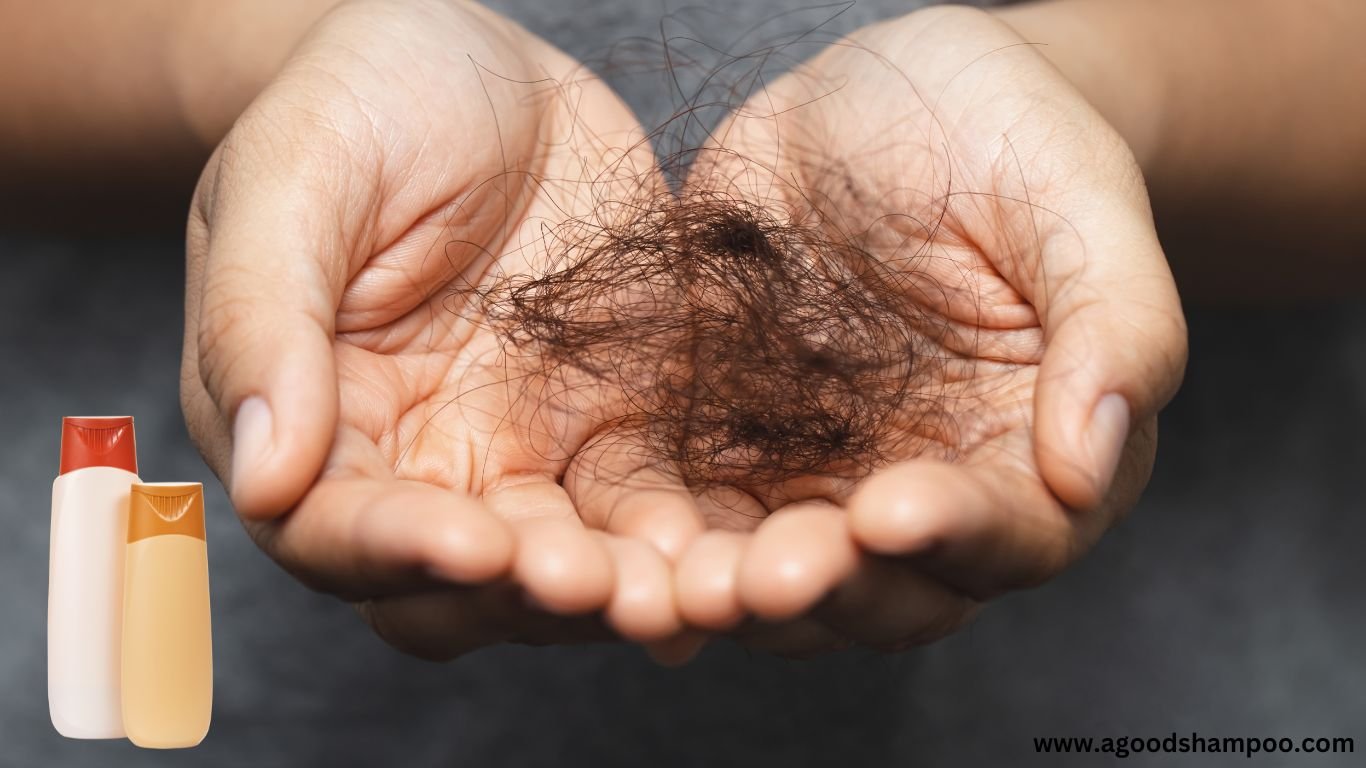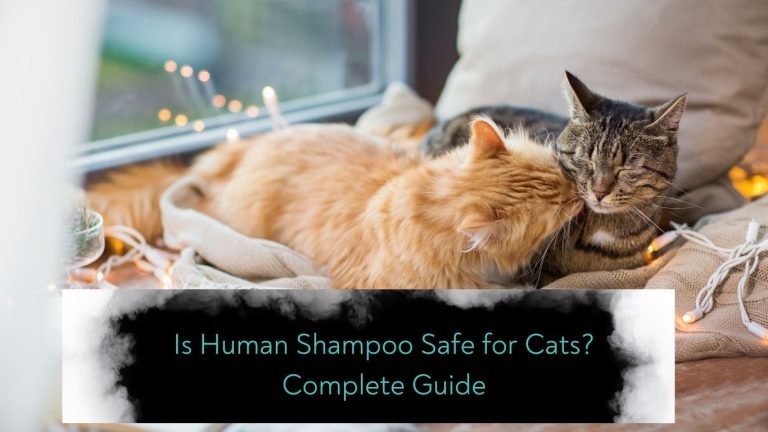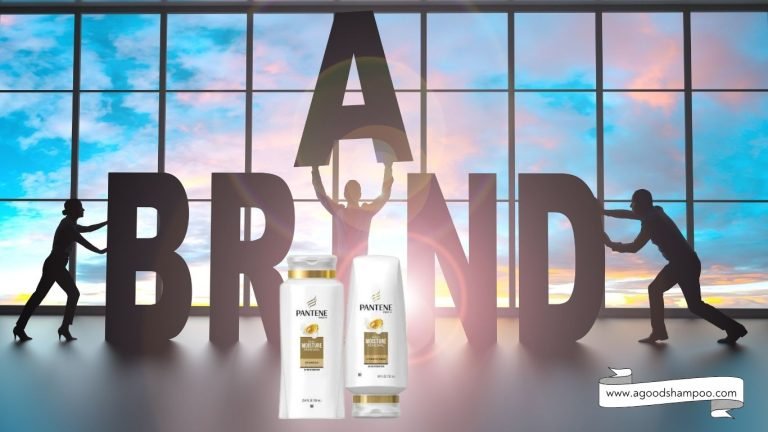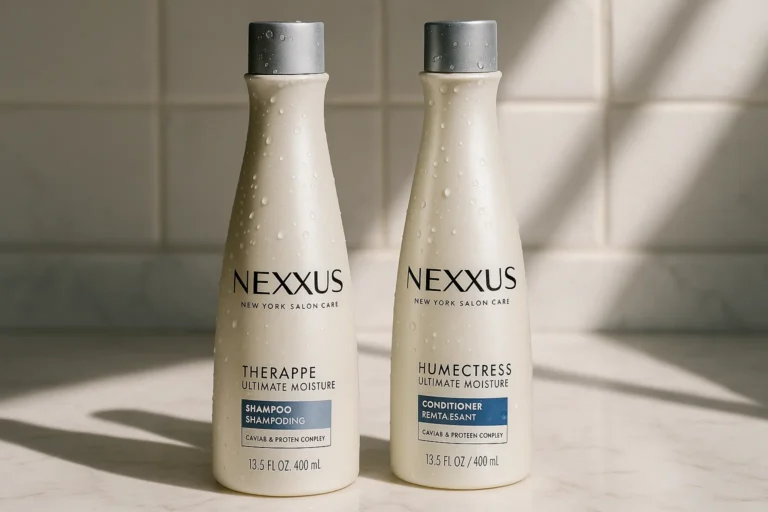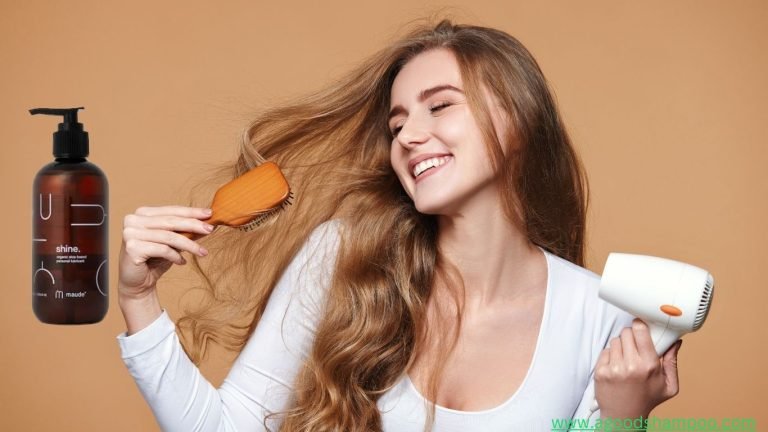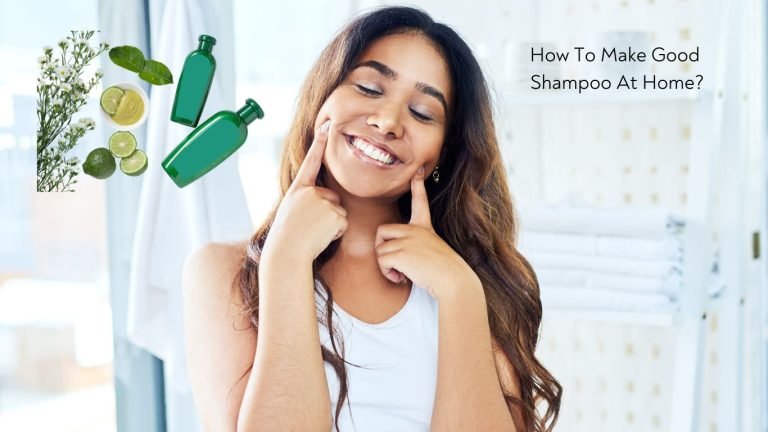Which Shampoo Is Good For Hair Loss Prevention? Expert Guide
If your shower drain is filling up faster than your shampoo bottle empties, you’re not alone. Hair fall is one of the most frustrating beauty struggles. You wash, you style, you care for your hair, and then—there it is, strands everywhere. For some people, it’s seasonal. For others, it feels like an ongoing battle. The big question that always comes up is: which shampoo is actually good for hair loss prevention? Not the hyped ones, not the ones that make wild promises, but the formulas that can genuinely make a difference.
I’ve spent years in hair analysis and salon work, testing products, breaking down labels, and watching how ingredients behave on different hair types. And what I’ve learned is this: the right shampoo can help slow down shedding, support your scalp, and set the stage for healthier, stronger growth. But not every shampoo that shouts “anti-hair fall” is worth your time—or your money.
Let’s go deep into what works, what doesn’t, and how to pick the shampoo that fits your hair and scalp like a custom-made treatment.
Why Shampoos for Hair Loss Prevention Are Tricky
First, let’s get honest. No shampoo alone will magically cure hair loss. If thinning is caused by genetics (male or female pattern baldness), hormonal changes, or medical conditions, you need a bigger treatment plan. But the right shampoo can:
Reduce breakage by strengthening the hair shaft.
Soothe the scalp to prevent inflammation that weakens roots.
Improve circulation with stimulating ingredients like caffeine or peppermint.
Remove buildup that clogs follicles and stunts growth.
Think of shampoo as a supportive partner. It’s not the whole solution, but it’s the foundation that keeps your scalp clean and your hair healthier over time.
Ingredients That Actually Help With Hair Loss Prevention
You’ve probably seen shampoos with shiny labels screaming about exotic herbs or miracle oils. Some help, many don’t. Here’s what research actually says works:
1. Biotin
This vitamin strengthens keratin (the protein that makes up your hair). Deficiency can cause brittle, thin strands. Shampoos with biotin help reduce breakage and improve thickness.
2. Caffeine
Studies show caffeine can penetrate hair follicles and extend the growth phase. It’s like a wake-up call for sleepy roots.
3. Ketoconazole
This antifungal ingredient (often found in medicated shampoos) has been proven to reduce hair shedding in androgenic alopecia by calming inflammation.
4. Niacinamide (Vitamin B3)
Improves blood circulation to the scalp and boosts follicle health.
5. Saw Palmetto
Some shampoos include this plant extract because it blocks DHT, the hormone linked to pattern baldness.
6. Rosemary Oil
In clinical trials, rosemary oil performed almost as well as minoxidil (a prescription treatment) in improving hair density.
Quick Fact Box
A 2015 study published in SkinMed showed that rosemary oil was just as effective as 2% minoxidil after six months of consistent use, with fewer side effects.
Shampoos Worth Considering (and Why)
Let’s break down the top shampoos that stand out—not because of hype, but because their ingredients and performance align with what science says about hair health.
Nizoral A-D Anti-Dandruff Shampoo (Ketoconazole)
If your hair loss is linked to dandruff or scalp inflammation, this one is powerful. Ketoconazole keeps the scalp balanced and has been shown in studies to help reduce shedding related to DHT. Use it only 2–3 times per week, though—it’s not your daily shampoo.
Pura D’or Original Gold Label
Famous in the hair loss community, this shampoo blends biotin, nettle extract, and saw palmetto. It’s designed to block DHT and strengthen hair shafts. Many users notice reduced shedding after 2–3 months.
OGX Biotin & Collagen Shampoo
Affordable and accessible, this shampoo plumps up fine hair with biotin and hydrolyzed wheat protein. It’s not as treatment-focused, but it gives instant volume while supporting long-term strength.
Alpecin Caffeine Shampoo
Made in Germany, Alpecin delivers caffeine directly to the roots. It has a cult following, especially among men with thinning hair. Clinical research backs caffeine’s ability to stimulate follicles, although results vary.
Kérastase Densifique Bain Densité
If luxury is your lane, this salon-grade shampoo is loaded with hyaluronic acid and intra-cyclane to thicken fine, thinning hair. It’s less about treating scalp causes and more about making hair feel fuller immediately.
How to Choose Based on Your Hair Type
Not every anti-hair loss shampoo will work for every head of hair. Here’s how to pick smartly:
Oily scalp and thinning hair: Go for clarifying or caffeine-based shampoos (like Alpecin or Nizoral).
Dry, brittle hair that breaks easily: Look for biotin, keratin, or nourishing blends (like Pura D’or or OGX).
Fine, limp hair: Choose volumizing formulas that thicken strands (like Kérastase Densifique).
Sensitive scalp: Stick with sulfate-free, gentle formulas enriched with soothing extracts like aloe vera or chamomile.
What Research Says About Hair Loss and Shampoo
Dermatologists agree: shampoos are supportive, not curative. But research has some interesting insights:
A 2018 Journal of Cosmetic Dermatology review found that ketoconazole shampoo improved hair density in androgenic alopecia patients when used regularly.
Studies on caffeine shampoos show measurable follicle stimulation, especially when applied consistently for at least 2 minutes during washing.
Consumer surveys report that over 70% of users using biotin-enriched shampoos noticed less breakage within 90 days.
Common Mistakes People Make
It’s easy to buy the wrong product or misuse it. Here are the traps:
Switching too fast. Hair takes 2–3 months to show results.
Over-washing. Stripping natural oils weakens hair further.
Ignoring scalp health. Even the best shampoo won’t help if your scalp is inflamed or clogged.
Not pairing with lifestyle fixes. Poor diet, stress, and lack of sleep can cancel out shampoo benefits.
Beyond Shampoo: What Else You Should Do
If you’re serious about preventing hair loss, think bigger than your shampoo.
Diet: Protein, iron, and vitamins are essential.
Supplements: Biotin, Vitamin D, and Omega-3s can support growth if you’re deficient.
Scalp Massage: Increases blood flow and stimulates follicles.
Dermatologist Check: Sometimes hair loss is hormonal or medical—don’t self-diagnose forever.
My Personal Take as a Hair Analyst
I’ve watched clients try everything under the sun. The ones who see real improvements usually follow a simple rule: pick one solid shampoo with proven ingredients, stick with it consistently, and support it with a healthier lifestyle.
For most people, a combo of biotin + caffeine + scalp care makes the biggest difference. If I had to pick my top go-to: Pura D’or for daily use and Nizoral once or twice weekly. Together, they cover strengthening, nourishing, and DHT-fighting bases.
Final Thoughts
So, which shampoo is good for hair loss prevention? The honest answer is: the one that fits your scalp’s needs, contains proven ingredients, and becomes part of a consistent routine. Don’t fall for miracle claims. Focus on what research backs up—biotin for strength, caffeine for stimulation, ketoconazole for scalp health, and gentle formulas that won’t strip your hair.
Hair loss is emotional. I know how upsetting it feels to see strands slip away. But with the right shampoo, paired with patience and care, you give your hair the best chance to stay stronger, longer.

Carolina Herrera: Cosmetics specialist & Hair Analyst. Specializing in hair treatments, Carolina provides thorough reviews and advice on choosing the best products for damaged or treated hair.

